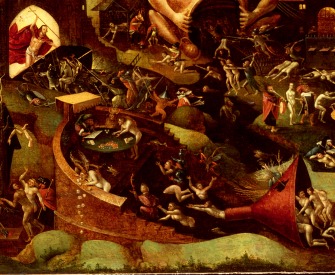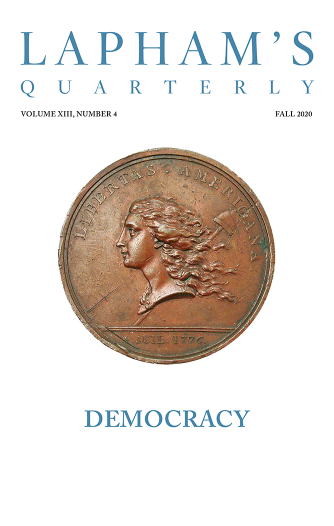Congressman Luke P. Poland: From what you have seen and heard, and from the facts you have stated, what is your idea as to the purpose of this Ku Klux organization?
John C. Norris: Well, I can only speak for Georgia, but I suppose the case is the same in the other states. I think their purpose is to control the state government and control the Negro labor, the same as they did under slavery.
Poland: How is this Ku Klux organization going to operate to enable them to do that?
Norris: Well, they will prevent voting. They will prevent any Republican from holding office. They say in my section of the country that no Republican shall hold office, that they will take charge of the polls, and all those who won’t vote their way shall not vote at all. That is their declaration. They want to control the Negro, just as they once did. Whenever a Negro does not obey as they want him to, they will just say to him, “I will send the Ku Klux to see you,” and that night the Ku Klux take him out and whip him. Sometimes they whip him to death, and sometimes they give him a very severe whipping and tell him that that is a warning to him, that if he don’t obey, they will finish him the next time they come.
Congressman James B. Beck: The case of the attack on yourself was in November 1868?
Norris: Yes, sir.
Beck: The shooting of yourself by the Codys—did you call that a Ku Klux case?
Norris: I understood that they were disguised. I looked upon it as a disguise.
Beck: There were three of those men, you think?
Norris: I saw three. There appeared to be a dozen when they commenced running. There were three who shot at me.
Beck: I believe you said that on the night when you were shot, you had been out in the country arresting somebody in your capacity as sheriff?
Norris: No, sir. I said I had been out in town on duty connected with my office.
Beck: Do you remember what duty you were doing that night?
Norris: There was a man in town from New York on some business. I was with him until between ten and eleven o’clock. Generally, after going home at night to my supper, I did not go out again. I was afraid to go out at night. Being engaged with this gentleman on that business, I had rather forgotten myself. I am satisfied, since I have been shot, that those men had waylaid me several times on the same street to shoot me. When out at night, I always went home in company with other parties, and that prevented me from being shot. I am now satisfied of that because I had heard noises in that same locality. After I was shot, I had some parties go down and examine the ground. They said it was trampled a good deal, that alongside the fence where they shot, the ground looked as if people had been tramping about there for a considerable time.
Beck: Have you ever seen any disguised men except those who shot you?
Norris: Yes, sir.
Beck: When and where?
Norris: I have seen them there in the town.
Beck: What were they doing when you saw them?
Norris: They seemed to be organizing and preparing to go into the country. And generally when they left and went into the country, I heard the next day of outrages, whippings, etc., by some unknown parties.
Beck: Were these disguised men riding or walking?
Norris: Riding.
Beck: Did you see them in the daytime or at night?
Norris: Always at night.
From testimony before the Joint Select Committee to Inquire into the Condition of Affairs in the Late Insurrectionary States. In early 1871, President Ulysses S. Grant asked Congress to investigate the “Ku Klux Conspiracy” terrorizing black populations of former Confederate states. An act was passed later that year authorizing the suspension of habeas corpus in order to curtail KKK actions. Though many hooded night riders were arrested, few went to jail, and by the mid-1870s sympathetic southerners had successfully retaken control of many local governments.
Back to Issue

